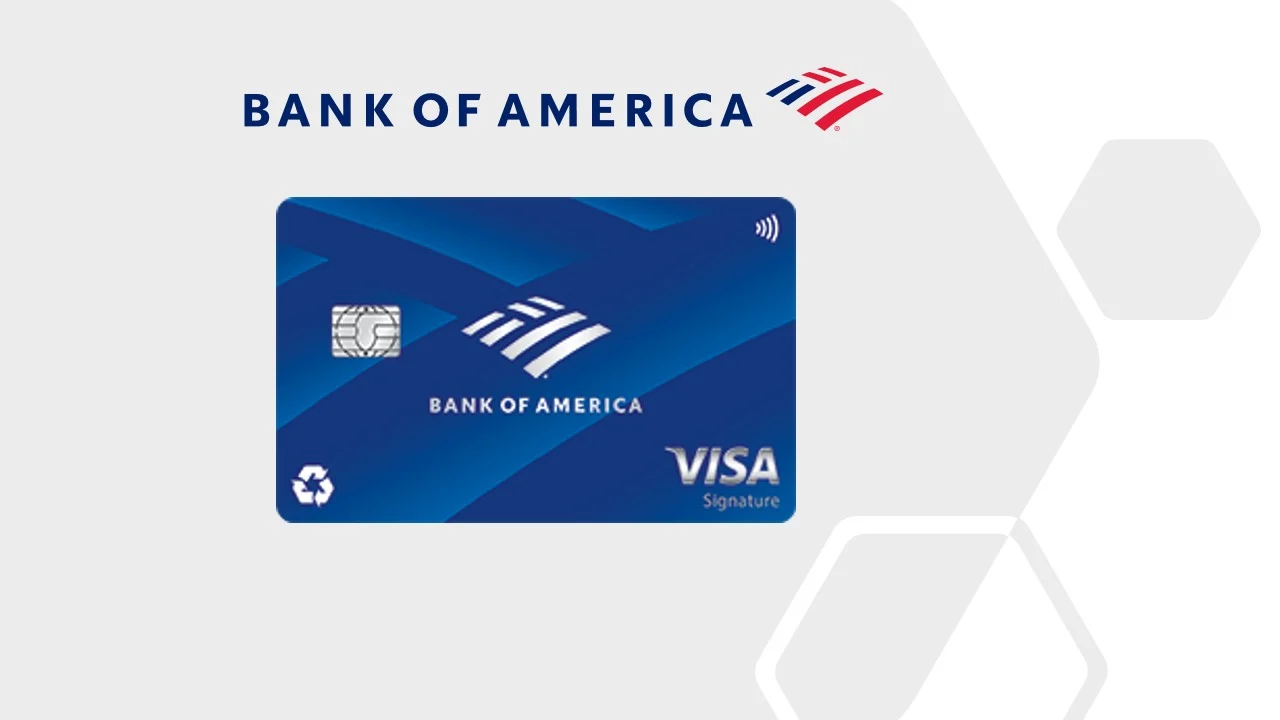Impact of credit card usage on financial history and score

The Importance of Credit Card Usage
Understanding the impact of credit card usage on your financial history and credit score is essential for financial health. Credit cards can be powerful tools when used wisely, but they can also lead to significant challenges if mismanaged.
Here are some key aspects to consider:
- Payment History: The most critical factor affecting your credit score is your payment history. Regularly making timely payments on your credit card not only keeps your account in good standing but also results in a positive impact on your credit score. For example, if you have a credit card payment due on the 15th of each month and consistently pay by the due date, you will demonstrate responsible credit management, which is favorable in the eyes of credit scoring models.
- Credit Utilization: This ratio measures the amount of credit you are using relative to your total available credit. It is advised to keep your utilization below 30%. For instance, if your total credit limit across all accounts is $10,000, ideally, your outstanding balance should not exceed $3,000. High credit utilization can signal to creditors that you may be over-reliant on credit, thereby raising red flags.
- Length of Credit History: A longer credit history generally contributes positively to your credit score. It demonstrates your experience with managing credit. For example, if you have an old credit card account that you have kept open and in good standing for several years, it can help bolster your credit profile, even if you aren’t actively using that card.
In the United States, having a good credit score can significantly affect your ability to secure loans, rent a home, or even land certain jobs. For instance, many landlords run credit checks to evaluate potential tenants, and a poor credit score can limit your housing options. Similarly, when applying for a car loan or mortgage, lenders are likely to offer you better interest rates and terms if you have a strong credit history.
Conversely, poor credit card management can lead to debt accumulation and a negative credit report. Accruing late fees and interest can dramatically increase your overall debt, making it harder to manage financial obligations. For example, defaulting on a credit card can remain on your credit report for up to seven years, severely impacting your ability to make significant purchases or investments during that time.
Throughout this article, we will explore how to navigate credit card usage effectively. You’ll learn strategies to enhance your credit profile while avoiding common pitfalls that can mar your financial history. Remember, the responsible use of credit cards not only helps in building a solid credit score but also opens the door to numerous financial opportunities in the future.
SEE ALSO: Click here to read another article
Key Factors Influencing Your Credit Health
When it comes to credit card usage, three key factors primarily influence your financial history and credit score: payment history, credit utilization, and length of credit history. Understanding these components can help you manage your credit cards more effectively and maintain a positive score.
Payment History: The Cornerstone of Your Credit Score
Your payment history is perhaps the most crucial element that credit scoring models consider. Ideally, you should aim to pay off your balance in full each month to avoid interest charges and demonstrate fiscal responsibility. Missing a payment, even once, can have a lasting negative impact. For instance, a single late payment can lead to a significant drop in your credit score, and the incident can remain on your credit report for up to seven years. The consistency of on-time payments not only affects your credit score but also reflects your ability to manage financial commitments.
Credit Utilization: Managing Your Available Credit
Credit utilization refers to the ratio of your current credit card balances to your total credit limits. A lower ratio indicates that you are using a small portion of your available credit, which is viewed favorably by lenders. It is generally advised to keep your utilization rate below 30%. For example, if your total credit limit is $10,000, you should aim to keep your outstanding balance under $3,000. A high utilization rate can suggest to potential lenders that you may be overly reliant on borrowed funds, which could make them hesitant to extend credit or might trigger higher interest rates.
Length of Credit History: The Value of Experience
The length of your credit history also plays a significant role in determining your credit score. Lenders prefer to see a well-established credit history, as it indicates experience in managing credit responsibly. If you have a credit card account that you opened several years ago and have maintained in good standing, it benefits your credit profile, even if you rarely use that card anymore. The average age of your accounts is taken into consideration, with older accounts typically boosting your score. This means that keeping older accounts open, even with minimal activity, can serve your financial profile well.
In summary, your credit score is not just a number; it’s a reflection of your financial behavior. By focusing on making timely payments, managing your credit utilization, and maintaining a longer credit history, you can significantly improve your credit score. This proactive approach to credit card management opens up more opportunities, such as lower interest rates on loans, better credit card offers, and increased chances of approval for rentals or mortgages. Understanding these foundational aspects can empower you to build a robust financial future.
CHECK OUT: Click here to explore more
Building a Strong Credit Profile Through Strategic Credit Card Management
While payment history, credit utilization, and length of credit history are vital, there are additional important factors influencing your financial health that involve your credit card habits. A thorough understanding of how to navigate credit responsibly can lead to a solid credit profile, opening doors to better financial opportunities.
Types of Credit Accounts: Diversifying Your Credit Mix
Your credit mix refers to the variety of credit types you hold, such as credit cards, auto loans, mortgages, and personal loans. Lenders typically favor borrowers with a diverse mix, as it demonstrates the ability to handle different types of credit responsibly. For example, if you have only credit cards in your profile, adding an installment loan, like a car loan, could improve your credit score by showcasing your capability to manage varied financial responsibilities. However, it is crucial to manage all types of credit wisely; taking on too much debt can negatively impact your score.
New Credit Inquiries: The Caution of Excessive Applications
Each time you apply for a new credit card or loan, a hard inquiry is placed on your credit report, which can slightly lower your score. While a single inquiry may have a negligible effect, multiple inquiries in a short period can raise a red flag for potential lenders. For instance, if you apply for several credit cards at once, lenders may perceive you as desperate for credit, which can lead to a decreased likelihood of approval. It is advisable to apply for new credit sparingly and only when necessary.
Understanding Credit Score Monitoring
Regularly monitoring your credit score and obtaining credit reports is essential in maintaining financial health. Various websites and credit card companies offer free access to your credit score, which allows you to check for inaccuracies or signs of identity theft. If you spot an error, correcting it can help bolster your score. Moreover, staying informed about your credit status enables you to make timely adjustments in your financial behavior. For example, if your utilization rate increases, you can strategize to pay down that balance quickly to mitigate its negative influence.
The Role of Rewards Programs in Credit Card Use
Many credit cards come with rewards programs, such as cashback, travel points, or discounts. These perks can be enticing, but it is crucial to use these cards wisely. If you tend to overspend to earn rewards, the financial repercussions could outweigh the benefits. For instance, if you accumulate debt to earn points but fail to pay the balance on time, you could incur interest charges that negate the rewards earned. Therefore, using rewards cards should be a calculated decision, ensuring that you only purchase what you can afford to pay back immediately.
By understanding and proactively managing these aspects of credit card usage, you can build a strong foundation for your financial future. Establishing a varied credit mix, being cautious with new credit inquiries, monitoring your score regularly, and responsibly utilizing reward programs can all contribute positively to your financial history and credit score.
CHECK OUT: Click here to explore more
Conclusion: Navigating Credit Card Usage for a Healthier Financial Future
Understanding the impact of credit card usage on your financial history and score is essential for a successful financial journey. As we have examined, responsible credit card management can significantly enhance your overall credit profile, paving the way for better financing options, whether it’s a home loan, a car purchase, or a new credit line. It’s crucial to grasp the importance of making timely payments, maintaining a low credit utilization rate, and diversifying your credit mix to showcase your ability to handle various types of credit.
Additionally, being aware of the potential pitfalls associated with new credit inquiries and excess spending on rewards cards can help you avoid unnecessary damage to your score. Regularly monitoring your credit score and addressing any discrepancies will empower you to take informed steps toward improving your financial health. This proactive approach will not only help you establish a solid credit footing but can also lead to financial benefits, such as lower interest rates and favorable loan terms.
In conclusion, approaching credit card usage with a well-informed and disciplined mindset can lead to substantial long-term rewards. By viewing credit cards as tools for building your financial future rather than sources of debt, you can navigate the complexities of credit management, ultimately achieving a robust credit score and a secure financial life.


